
Property Tax in Dubai: Understanding the Basics and Implications
Thu, Jun 15, 2023, 06:13:18 PMDubai, the thriving cosmopolitan city in the United Arab Emirates, is known for its remarkable architecture, luxurious lifestyle, and robust economy. If you own or plan to invest in property in Dubai, it's essential to familiarize yourself with the concept of property tax. This article aims to provide a comprehensive overview of property tax in Dubai, its purpose, implementation, and its implications for property owners and investors.
Property tax is a levy imposed by the government on property owners based on the value of their property. It serves as a significant source of revenue for the government and is commonly utilized to fund local infrastructure, public services, and community development initiatives.
The Purpose of Property Tax
The primary purpose of property tax in Dubai is to generate revenue for the government and ensure sustainable development. By imposing property tax, the government can finance public amenities, such as roads, parks, schools, and hospitals, which contribute to the overall growth and livability of the city.
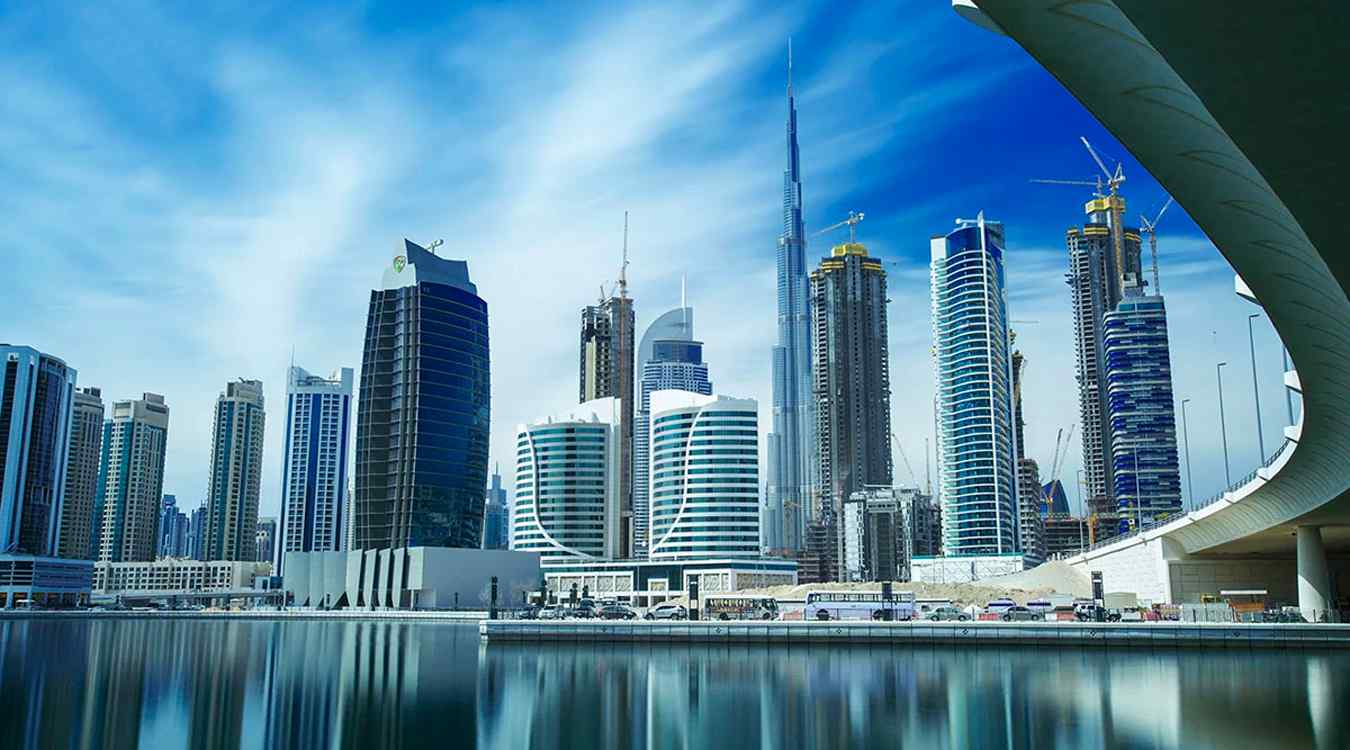
Property Tax Regulations in Dubai
Types of Properties Subject to Tax
Property tax in Dubai applies to both residential and commercial properties. This includes apartments, villas, office spaces, retail outlets, and industrial properties. However, certain properties may be exempt from taxation based on specific criteria defined by the government.
Calculation Methodology
The Dubai Land Department (DLD) is responsible for assessing and calculating property tax. The valuation is determined based on various factors such as the property's location, size, age, amenities, and market value. The DLD employs a standardized methodology to ensure fairness and consistency in property tax assessment.
Tax Rates and Exemptions
Property tax rates in Dubai vary depending on the property type and its assessed value. The rates are generally set as a percentage of the property's value, which may differ for residential and commercial properties. Additionally, the government may provide exemptions or reduced rates for specific categories of properties or certain periods.
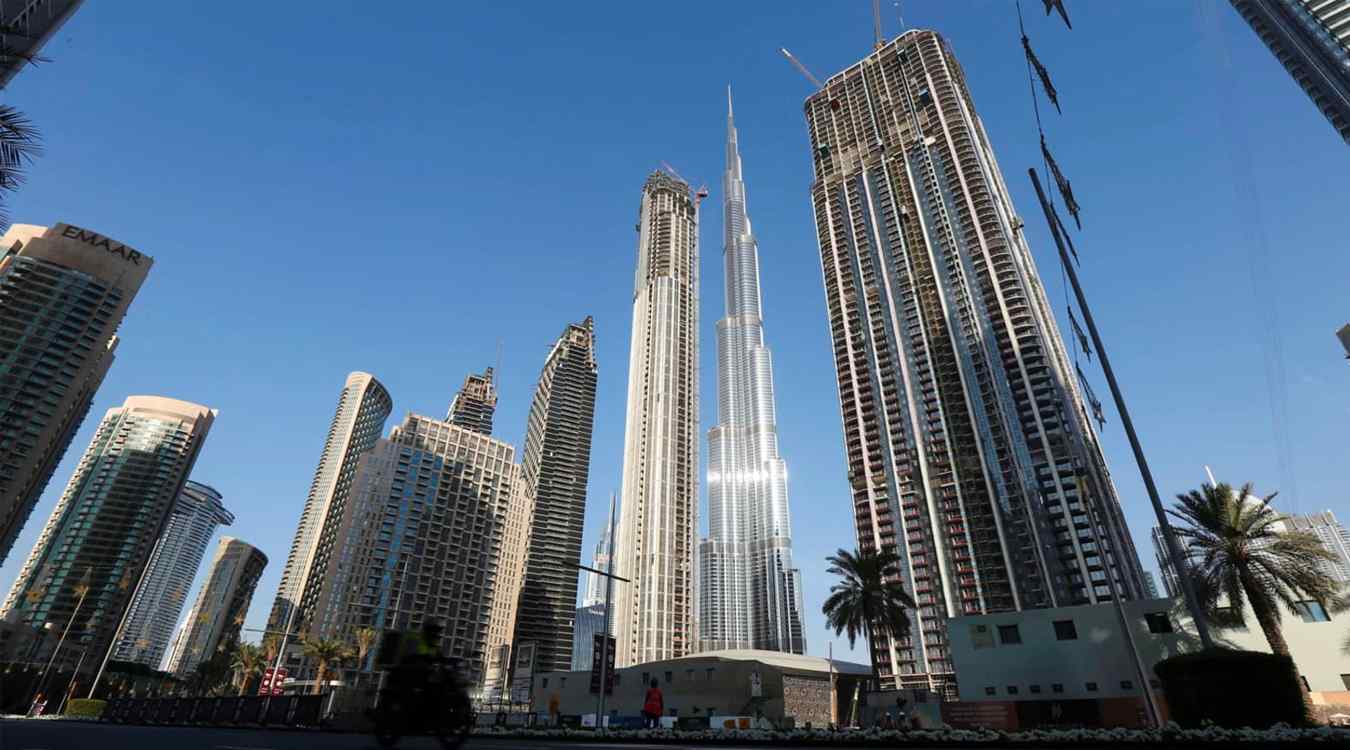
Paying Property Tax in Dubai
Payment Deadlines
Property tax in Dubai is typically payable annually. The government sets specific deadlines for payment, and property owners must adhere to these timelines to avoid penalties or legal consequences. It is crucial to stay updated with the latest payment deadlines and fulfill the tax obligations promptly.
Accepted Payment Methods
The Dubai government provides multiple convenient methods for property tax payment. These include online payment portals, bank transfers, and physical payment centers. Property owners can choose the method that suits them best and ensure a hassle-free payment process.
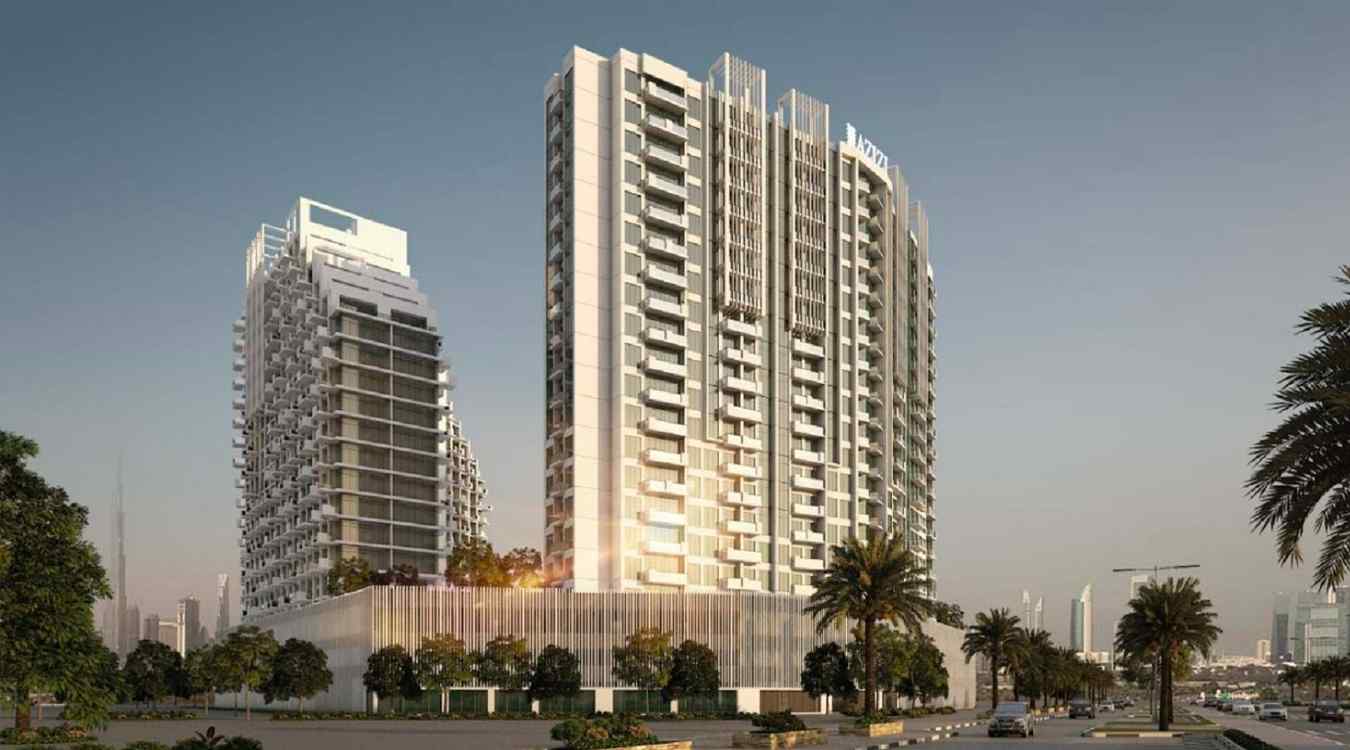
Implications of Property Tax
Impact on Property Owners
Property tax directly affects property owners by increasing their financial obligations. It is essential for property owners to include property tax expenses in their financial planning and budgeting to avoid any unexpected financial strain. Moreover, property tax can influence the overall affordability and cost of property ownership in Dubai.
Influence on Investment Decisions
For real estate investors, property tax plays a crucial role in determining the profitability and viability of their investments. Higher tax rates may reduce the return on investment, while exemptions or lower tax rates can enhance the attractiveness of certain properties. It is advisable for investors to thoroughly analyze the tax implications before making investment decisions.
Funding Local Infrastructure
One of the significant implications of property tax in Dubai is its role in funding local infrastructure projects. The revenue generated from property tax is channeled towards the development of roads, public transportation systems, parks, and other essential facilities. By contributing to the improvement of local infrastructure, property tax enhances the quality of life for residents and supports the city's growth.
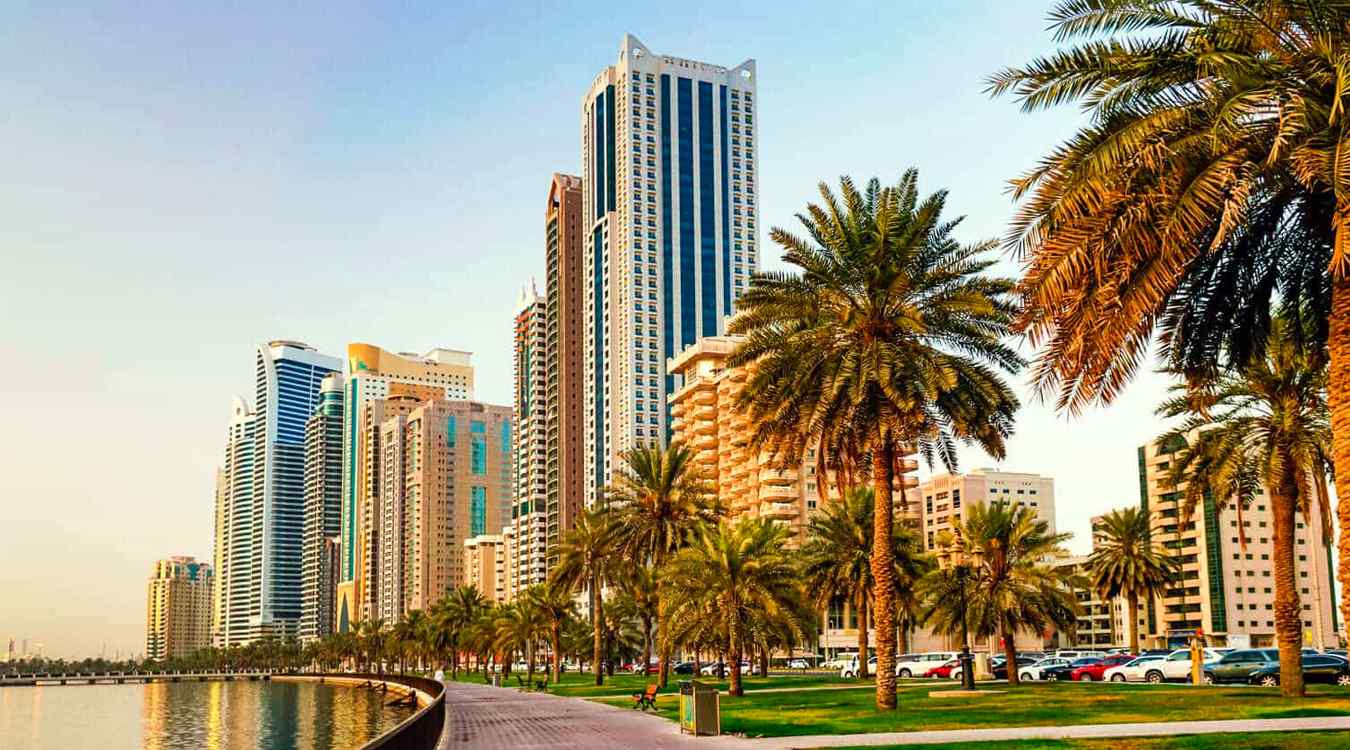
Benefits of Property Tax
Encouraging Property Development
Property tax serves as an incentive for property developers to invest in Dubai's real estate sector. By levying tax on undeveloped or vacant land, the government encourages developers to utilize the available resources efficiently. This, in turn, promotes the construction of new properties, enhances urban planning, and contributes to the overall development of the city.
Ensuring Fairness and Equity
Property tax ensures fairness and equity among property owners by distributing the tax burden based on property values. Properties with higher values contribute more to the tax revenue, while those with lower values pay a relatively lower tax. This progressive taxation system aims to maintain equity and prevent undue burden on property owners with limited financial resources.
Supporting Government Revenue
As a significant source of revenue, property tax plays a vital role in supporting the government's financial needs. The revenue generated from property tax is utilized to fund various public services, including education, healthcare, security, and other essential sectors. It enables the government to meet its obligations and invest in the sustainable development of Dubai.
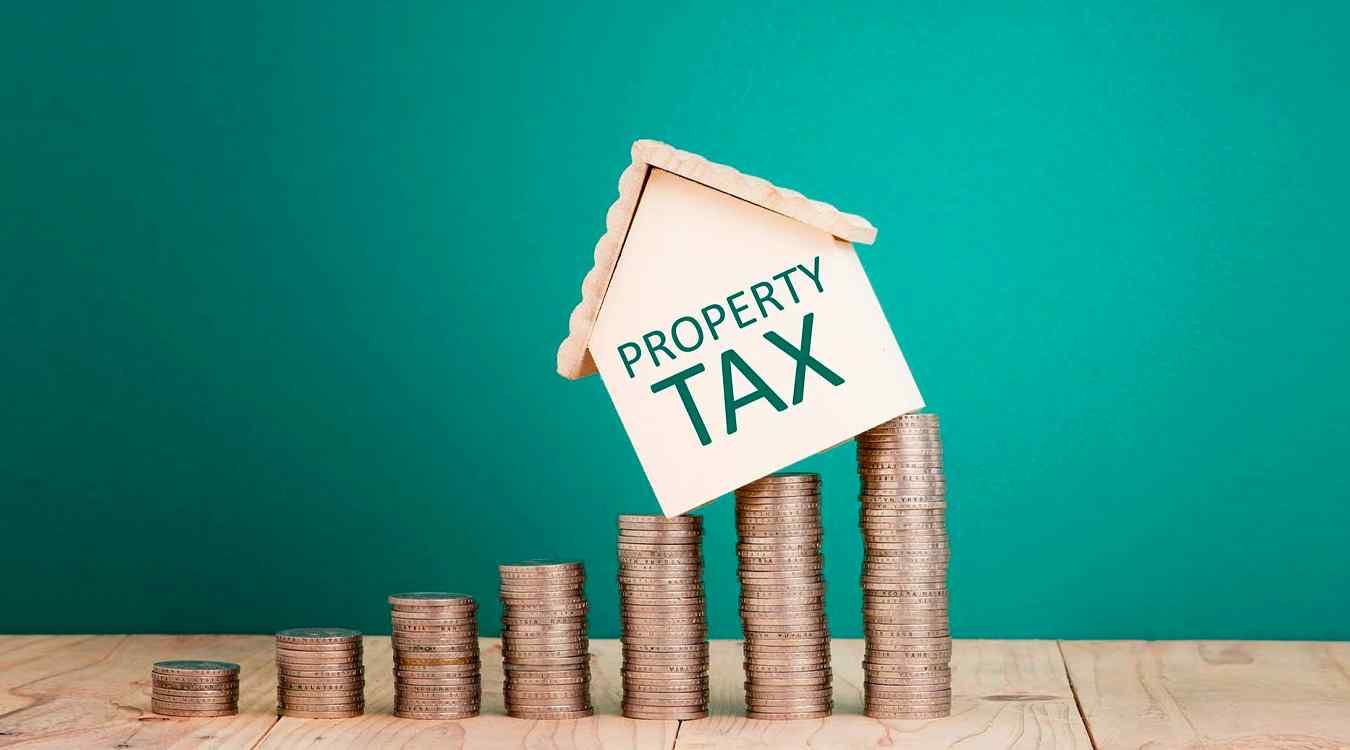
Frequently Asked Questions (FAQs)
1. How is property tax calculated in Dubai?
Property tax in Dubai is calculated based on the assessed value of the property, which considers factors such as location, size, amenities, and market value. The Dubai Land Department employs a standardized methodology to determine the tax amount.
2. Are there any exemptions for property tax in Dubai?
Yes, certain properties may be exempt from property tax in Dubai based on specific criteria defined by the government. These exemptions are subject to eligibility requirements and may vary over time.
3. Can property tax rates change over time?
Yes, property tax rates in Dubai can change over time as per the government's policies and regulations. It is important for property owners and investors to stay updated with the latest tax rates and any changes implemented by the authorities.
4. What happens if property tax is not paid?
Failure to pay property tax in Dubai within the designated deadlines may result in penalties, fines, or legal consequences. It is crucial for property owners to fulfill their tax obligations to avoid any unfavorable outcomes.
5. How does property tax contribute to the development of Dubai?
Property tax contributes to the development of Dubai by providing a sustainable source of revenue for the government. The revenue generated from property tax is utilized to fund local infrastructure projects, public services, and community development initiatives, enhancing the city's overall growth and livability.
Understanding property tax is essential for property owners and investors in Dubai. This article has provided a comprehensive overview of property tax, its purpose, implementation, and implications. By adhering to tax regulations and fulfilling tax obligations, property owners contribute to the sustainable development of Dubai and support the city's progress.





